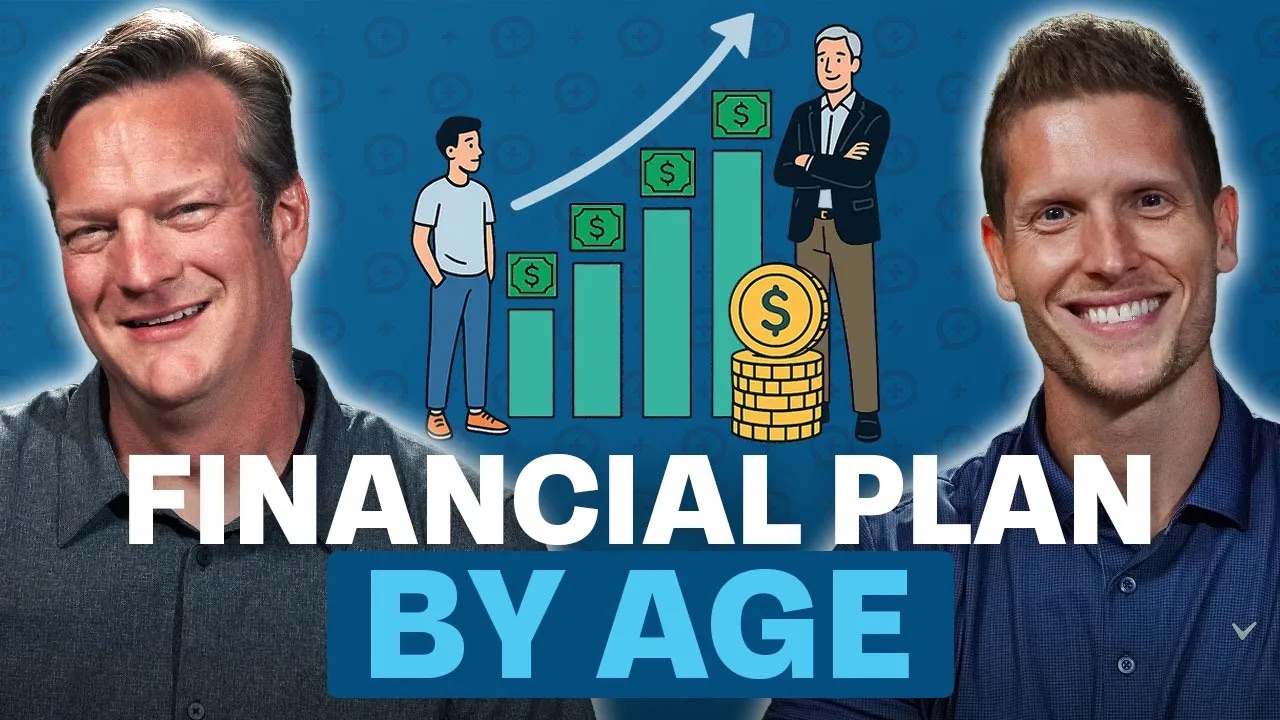Do you have what it takes to become wealthy?
I mean truly wealthy, and not the pretentious examples of wealth that are only defined by luxury cars and guard-gated neighborhoods.
If you’ve followed the Money Guy Show for a while and applied some of the tips you’ve learned over the years, perhaps you do. But for many others, you may be shocked to know that the reason most individuals are not on the road to affluence is simply because they take the easy way out.
The allure of instant gratification has a lot to do with it. By giving in to the desire to get what you want, when you want it, you are undoubtedly causing irreparable damage to your long-term financial health.
There is a silver lining, though.
If you find yourself slightly off track on your path toward financial freedom but you’re willing to make changes, all is not lost. With a little effort, you can change your course and take the steps necessary to reach your financial goals.
Here are a few tips to help you get back on the path toward wealth and financial freedom.
Change Your Mindset
When it comes to amassing (and sustaining) wealth, there’s a certain mindset that is required. For instance, if you’re not yet on the path to building wealth, your spending plan when receiving a paycheck probably looks a little like this: spend some, pay bills, and save whatever is left.
The flaw in this way of thinking is that after taxes are taken out and the bills are paid, there is very little — if any — to save and grow.
Unfortunately, this is the backward thinking that results in very few people experiencing true financial freedom.
Ideally, saving for your financial goals should be the first priority. These are things like establishing a fully-funded emergency fund or planning for an early retirement. This is directly followed by paying bills and then spending whatever is leftover.
Now, of course, this is not suggesting that you become a miser who socks away every penny and lives on ramen noodles and black beans. In fact, this change of mindset doesn’t even require putting away large amounts of money at a time and living off the scraps.
As with any major change, taking small steps is the key to sustaining the behavior.
Start by saving any small amount that you can afford — whether that’s $25, $50, or even $100. No matter how small you start, if you stay the course, you’ll start to see progress and build momentum.
That momentum is oftentimes enough motivation to encourage you to continue the behavior over and over again until you reach your financial goals.
Take the Path Less Traveled
Taking the “path less traveled” usually means doing something contrary to the way it’s always been done. And there’s often a lot of trepidation when it comes to actually charting out a path toward the unknown.
When it comes to financial behavior, many people tend to do the things that are most familiar. And although there’s a certain level of comfort that comes with doing what you’ve always done, this seemingly insignificant action is one of the key differences between the affluent and the average.
The average individual sticks with the status quo and hopes that life will improve. This is normally the result of fear associated with the decision to forge a different path.
This leads to things like:
- Putting off investing in your Roth IRA or maximizing your 401k at work and instead using the money to maintain your appearance
- Hating your boss and job, but doing nothing to change your situation
- Putting off the dream of being self-employed
This runs in direct contrast to the affluent. Those on the path toward wealth don’t leave anything to chance and actively control the things that they have a direct impact over.
Don’t fall into the trap of delaying good money habits until “later,” when life gets easier. You know, when your income increases and you’ve got a good handle on everything that life is going to throw at you.
We all know how this plays out and it rarely ends well.
Unless you have a plan in place early on, the moment your income increases, the demands on your money will as well. Don’t simply hope that things will work out, be willing to do the difficult work to ensure that they do.
You will begin to see that over time, the financial behaviors that you established early on, eventually become the cornerstone of your financial independence.
Live Like a Real Millionaire
Our society does an excellent job of selling the narrative that in order to be rich you must routinely level-up your lifestyle and consume all that you bring in. But collectively as a society, our high consumer debt balances, and poor bankruptcy statistics paint a picture that something is wrong with this methodology.
In his book Stop Acting Rich… And Start Living Like A Real Millionaire Dr. Thomas J. Stanley shows that contrary to public opinion, rich people — those with true wealth — don’t usually live a lavish lifestyle. They don’t drive late model, fancy cars. They don’t live in elaborate, showy houses.
They generally live unassuming lives, in middle-class neighborhoods, without all of the material trappings of what most consider to be “rich.” Truly wealthy people don’t spend money just to spend it. They invest money. And, as a result, their money makes more money.
With every financial decision you make, you should be thinking long-term and determine whether the choice runs counter to your ability to accumulate wealth. The last thing you want to do is leverage your financial future.
By changing your mindset, avoiding the status quo, and living within your means, you are well on the way to achieving wealth and ultimately, financial freedom.














